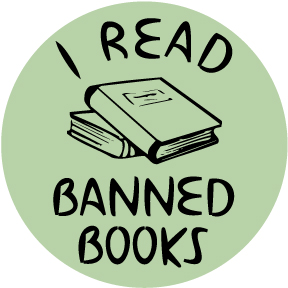from the Indianapolis Star
Booksellers incensed over sexual content law
Critics say state effort to target adult material casts too wide a net

“This lumps us in with businesses that sell things that you can’t even mention in a family newspaper,” said Ernie Ford, owner of Fine Print Book Store in Greencastle. The new law that takes effect July 1 requires businesses that sell sexually explicit material to pay a $250 fee and register with the secretary of state, which would then pass the information to municipal or county officials so they can monitor the businesses for potential violations of local ordinances.
Henry Karlson, a professor and First Amendment expert said the law could potentially cover “just about any coming-of-age novel and books on health, hygiene and human sexuality.” It relies on a statute that describes sexually explicit material that can be viewed as “harmful” to minors, including material that “appeals to the prurient interest in sex of minors.”
“The problem is, minors have an interest in sex, prurient or otherwise,” Karlson said, “and how do you distinguish what is normal and what is prurient?”
Another provision of the statute requires registration if a business carries an item when “considered as a whole, it lacks serious literary, artistic, political or scientific value for minors.” While such a definition is pretty clear for adults, Karlson said, that is not the case when it involves minors.”
I can see some communities where people might think some of the literary classics did not meet that standard for minors,” he said.
Karlson said he thinks businesses may have trouble knowing whether to register. “There’s this huge gray area,” he said. “If you register, you get lumped in with businesses that sell pornography and other sexually explicit material on some state list, and if you don’t, you could face a fine or charges.”
[ click to read complete article at the Indianapolis Star ]
